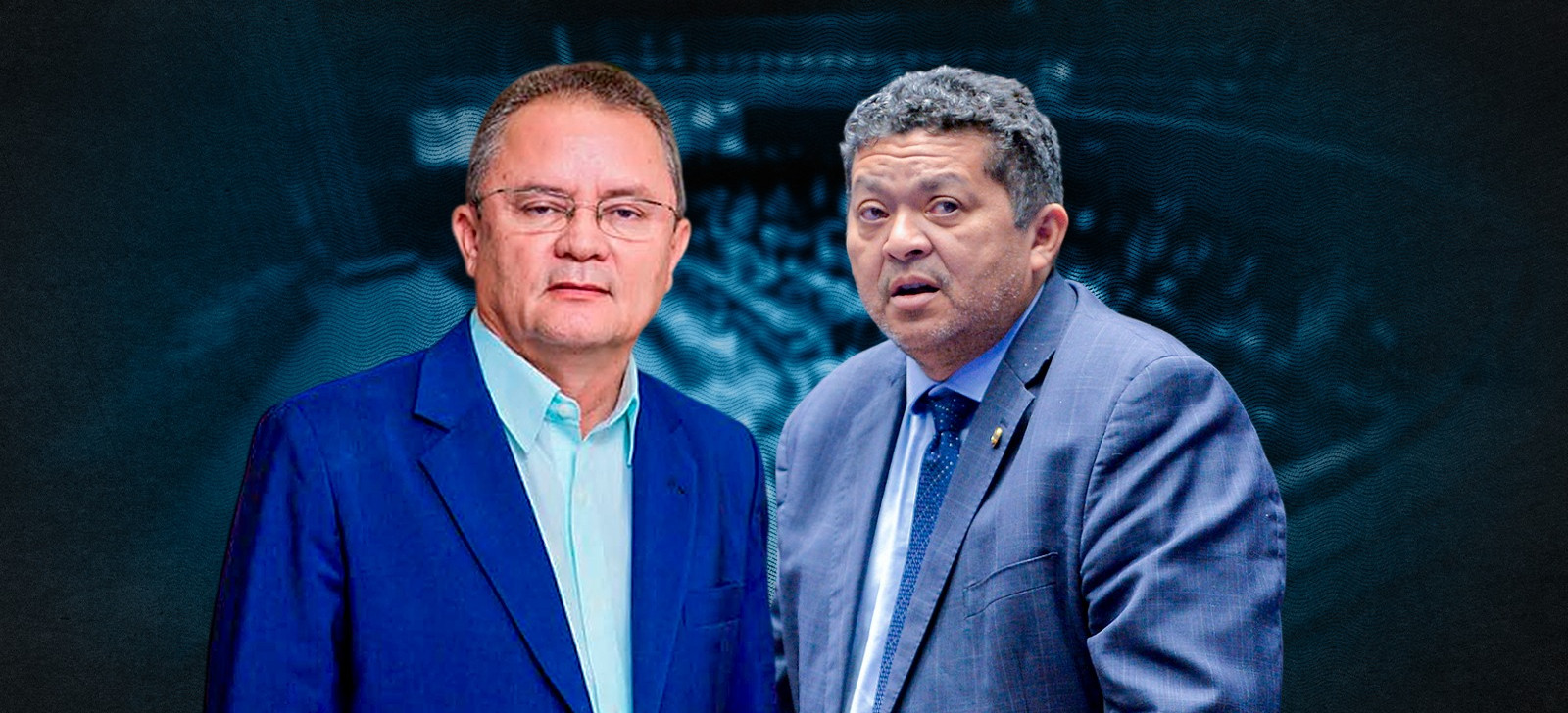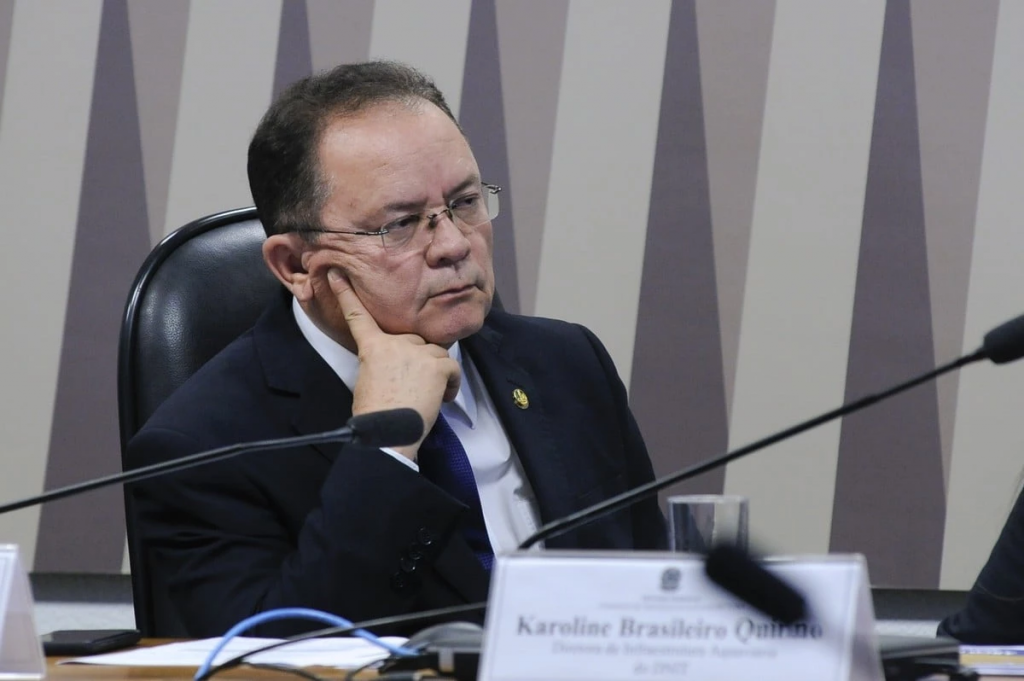Senators from COP30 host state diverge on Environmental Licensing Bill
21 de May de 2025

By Fabyo Cruz – From Cenarium
BELÉM (PA) – The Senate’s Environment Committee (CMA) approved, on the morning of this Tuesday, the 20th, Bill 2.159/2021, which establishes a new General Law on Environmental Licensing. Nicknamed by socio-environmental entities as the “Devastation Bill”, the text relaxes rules for authorizing projects with potential environmental impact and may waive licensing in several situations. The proposal triggered a reaction from environmentalists, who warn of threats to traditional communities, and revealed divergences among the senators from Pará: while Zequinha Marinho (Podemos) acts as a defender of the project, Beto Faro (PT) was one of the only parliamentarians to vote against it.
The project was approved symbolically in the CMA, with opposing votes only from three senators: Beto Faro, Jaques Wagner (PT-BA), and Eliziane Gama (PSD-MA). Later the same day, the proposal also advanced in the Committee on Agriculture and Agrarian Reform (CRA), chaired by Zequinha Marinho. The expectation is that the vote in the plenary will take place on Wednesday, the 21st.
During the CMA meeting, Beto Faro acknowledged the effort of rapporteur Confúcio Moura (MDB-RO), but criticized the accelerated processing and pointed out unconstitutionalities in the text. “We from the PT did not obstruct, we have been trying to dialogue to improve. But it is necessary to verify the constitutionality of some matters. Otherwise, we risk approving a project that will later be questioned in the Supreme Federal Court or vetoed by the president of the Republic,” he said. The senator from Pará also expressed concern about the article that authorizes the License by Adhesion and Commitment (LAC) for medium-impact projects, which, according to him, “will create conflicts between states and open a federative war.”

On the other hand, Zequinha Marinho positioned himself as one of the main defenders of the project. “Brazil needs to move forward. How long has this project been going around? Over 20 years. Today’s environmental legislation is an obstacle. Too many rules, too much bureaucracy. We need legislation that doesn’t stall the country,” he declared. Zequinha also cited as an example the case of Pedral do Lourenço, on the Tocantins River, whose licensing has been stalled for over a decade. “It should have been working years ago,” said the senator, arguing that the proposal can unlock infrastructure works and attract investments.

Criticism from environmentalists
The Socio-Environmental Institute (ISA) published, on the eve of the vote, a technical note with strong criticism of the text. The document states that the bill represents a direct threat to the integrity of more than 3,000 protected areas in Brazil — including 259 Indigenous Lands and more than 1,500 Quilombola Territories. According to ISA, these territories “will cease to exist” for licensing purposes, paving the way for projects without any consultation with the affected populations.
“Tampering with environmental licensing is tampering with the ecological support base of the country,” warns researcher Antonio Oviedo, from ISA. The entity also points out that the bill reduces the evaluation of indirect impacts and weakens the requirement for environmental compensations and conditions, creating loopholes for the advancement of illegal deforestation, land grabbing, and rural violence.
A case study included in the technical note reveals that, of the 277 protected areas impacted by 75 projects planned in the new PAC for the Legal Amazon, only 102 would remain protected under the new model. The difference represents around 18 million hectares of forest, equivalent to the territory of the state of Paraná.
In addition to environmental and social consequences, ISA also warns of economic risks. The absence of clear criteria and the exclusion of territories in the process of regularization from the licensing process may increase litigation and compromise the legal security of projects, generating billion-dollar losses in the long term.

